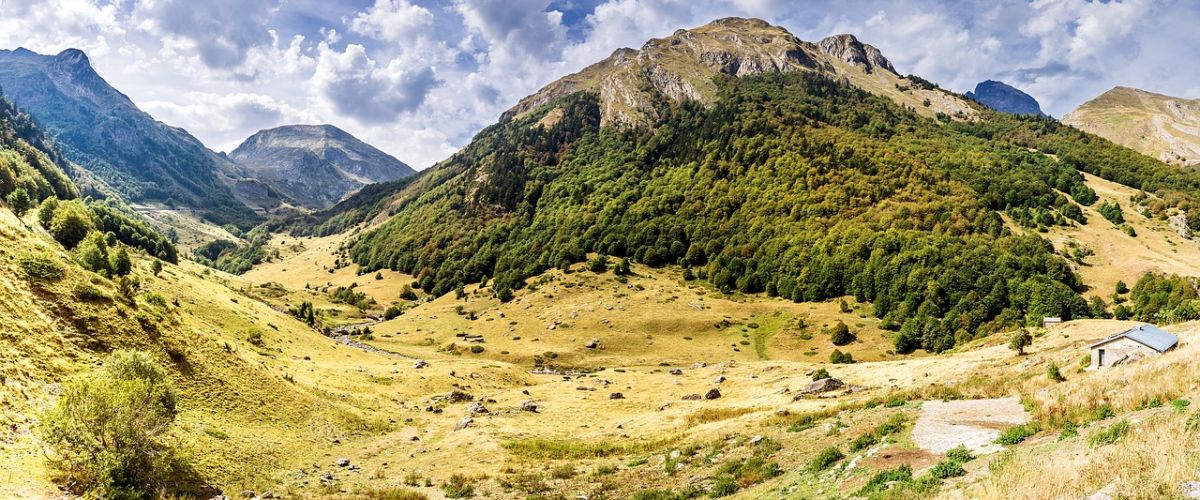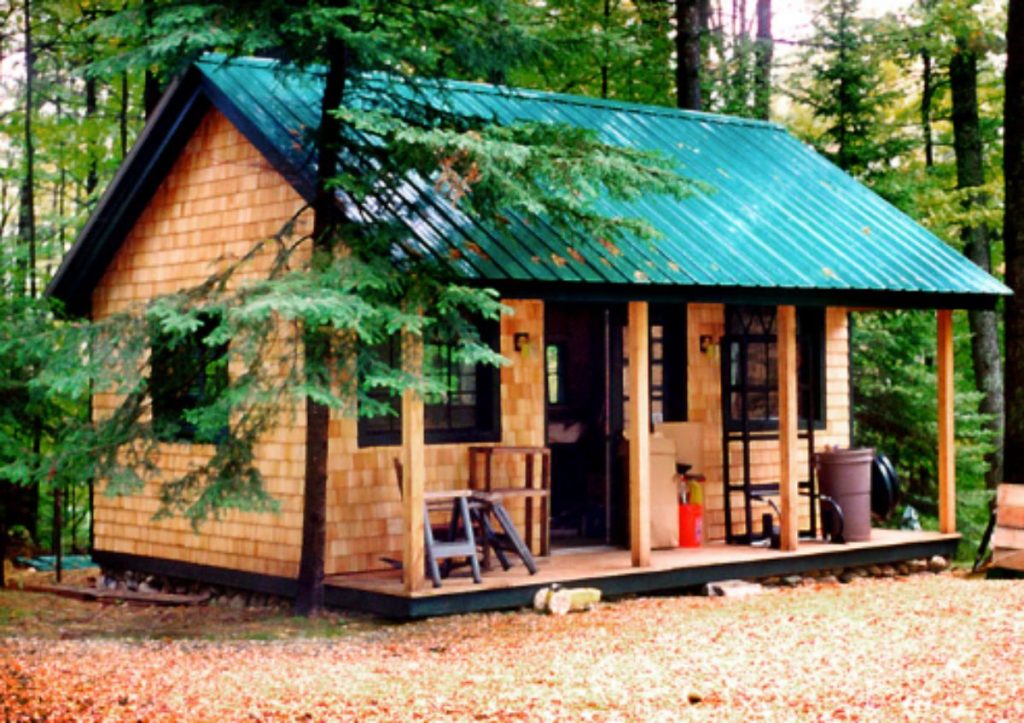Financing land can be complex. You need to know your options and consider some important factors. Financing undeveloped property such as you might buy through public land sales is different and more complex than financing an existing home or structure, requiring larger down-payments and higher interest costs. Buying a sloping property can incur unexpected costs.

Most mortgage companies can only finance up to 10 acres of raw land. No two properties are the same and land financing has to be flexible to cover all the options.
Companies that specialize in financing rural land can offer finance options with loans that will have either variable or fixed rates, with repayment plans ranging from 5 to 30 years. You can choose to make monthly, quarterly, semi-annual, or annual payments.

Important Financing Factors
Different financing package factors that must be evaluated include:
- loan amount
- interest rate
- term length
- payment schedule
- property valuation
- closing costs
Many pieces of raw land will be owner-financed, meaning that the seller is willing to carry his own financing on the property.
This can benefit both buyer and seller since there are fewer closing costs when financing directly between buyer and seller than there would be using a third party. But carefully check the terms of the financing and have your paperwork signed in front of a lawyer.
Tips on Financing Land
Seek Local Advice – Ask local realtors, extension agents and loan officers. They’ll know the regional market, history of properties, best contractors and service personnel and the most common ways of financing land.
Legal Access – Ensure you have access to your land, especially if it’s not adjacent to a public road. This needs to be in writing.
Infrastructure – Access to water and sewer, garbage collection, school bus systems, road maintenance, high-speed internet -- it's all important to establish early on in the process. Plan early for installing your utilities and you can save money.
Wildlife – Especially important if you’re a hunter or nature-lover, you can contact the state’s Department of Natural Resources for game count numbers.
Revenue Potential – Selective timber harvesting can help you pay for your land; sometimes you can completely pay off your mortgage using the revenue from timber.
Tax Relief – Often rural property will enjoy some sort of tax advantage as agricultural land. If your land is already classified this way you need to find out what you need to do to maintain this status. Check with local tax assessor for tax credits, special appraisals and exemptions.
Boundaries – Don’t take somebody else’s word for it. Get a copy of the plat and walk the land with a handheld GPS. Take along the current owner or someone familiar with the area if possible. Mark it out as you go so you can clearly see what you’re getting.
Environmental Factors – Environmental clean-up costs are borne by the property owner even if the damage occurred before they owned the property. Reduce your liability by investigating hazards before buying. You should also check on endangered species and wetlands regulations in your area that may limit your use of the land.
Building Codes and Restrictions – Check with local building inspectors or code offices to determine if there are any zoning restrictions or building use limitations.
Insurance Limitations – Check to see if you can obtain adequate log home insurance beyond city limits and what would be the impact of building in an area remote from fire stations and rescue response.
Local Land Use – What are your neighbors doing with their land? Any proposed highways or infrastructure projects? Any commercial development planned?
Existing Improvements – Calculate the added value of existing wells, phone lines, outbuildings, roads, fences, and other improvements into your finances.
Maintenance Costs – Also figure in what it will cost you to maintain any or all of these improvements, such as extra equipment, insurance, etc.
Finding that special piece of land to build your cabin or log home is vital, but knowing your financing land options before making the plunge is just as important, whether you're buying through government auction or private sales.
More Land Pages:
List of Log Home Lenders This nationwide list of log home lenders can help you find somebody experienced with log cabin construction loans.
Financing Your Log Cabin Renovations: A Guide Understand your options by following our guide to financing your log cabin renovations.
Buying land is the first step towards your wilderness dreams. Buying land can be a daunting task. Learn what to watch for and how to find the perfect spot.
Log Cabin Design Tips Tips for your log cabin design that will save you money.
Government Auctions Guide Government auctions are used by the GSA to dispose of federal assets and property owned by the government.


Leave a Reply